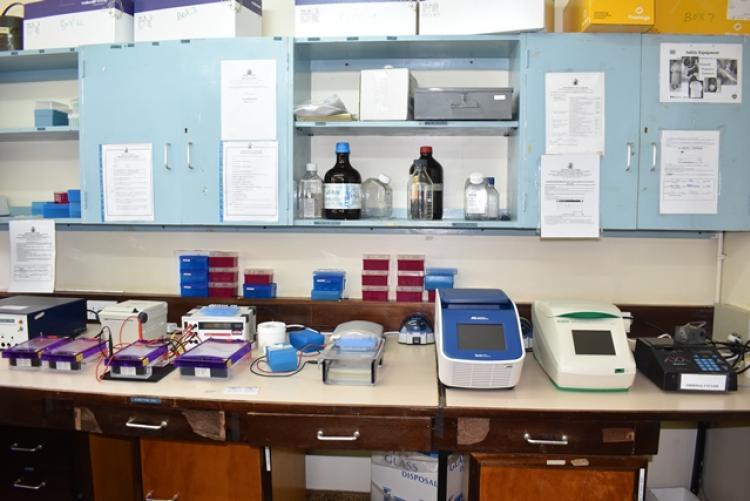The Department of Public Health, Pharmacology and Toxicology (PHPT) is one of the five academic units in the Faculty of Veterinary Medicine, University of Nairobi. It was established in 1972 by combining the closely related disciplines of Pharmacology, Toxicology and Veterinary Public Health. The two disciplines were originally in different departments. Veterinary Public Health was part of the department of clinical studies while Pharmacology and Toxicology part of the Department of Veterinary Pathology and Microbiology.
For more information click Here
The department started training in Veterinary Public Health, Pharmacology and Toxicology to Bachelor of Veterinary Medicine students and later to Bachelor of technology and BSc Wildlife and Tourism students. This mandate continues to date. In 1974, a Master of Science in Public Health, Pharmacology and Toxicology was approved by Senate. This offered opportunities for postgraduate training and the establishment of public health, pharmacology and toxicology research activities in the department. In 1988, two separate postgraduate programs (Masters in Veterinary Public Health and a Master of Science in Pharmacology and Toxicology ) were launched that replaced the Master of Science in Public Health, Pharmacology and Toxicology. In 1992, a Masters in Veterinary Epidemiology and Economics was launched through the research grant from the Canadian International Development Agency that was given through a collaboration with the University of Guelph in Canada. In 2010, a Master of Science in Natural Products and Bioprospecting was launched. In the same year 2010, Diploma, Bachelors, Masters and PhD programs in Leather Science and Technology were approved by the University Senate. These programs were launched in the 2012/2013 academic year.
Currently, the department provides training and research in the following specialized areas: Veterinary Public Health (Food Microbiology, Food Hygiene, Food and Environmental Toxicology, Zoonoses, Meat hygiene), Pharmacology, Toxicology, Epidemiology, Livestock Economics and Business Management, Biostatistics, Computer Application and Information Systems, Immunology and Microbial Biotechnology and in Leather Science and Technology.
The Department has over time mainstreamed consultancy services which are provided in the following areas: Acute toxicity testing of new pesticides, Drug efficacy trials, toxicological analysis of feed samples, microbiological analysis of food, water and feeds, mycotoxin analysis, slaughterhouse design and construction, field surveys among others.




